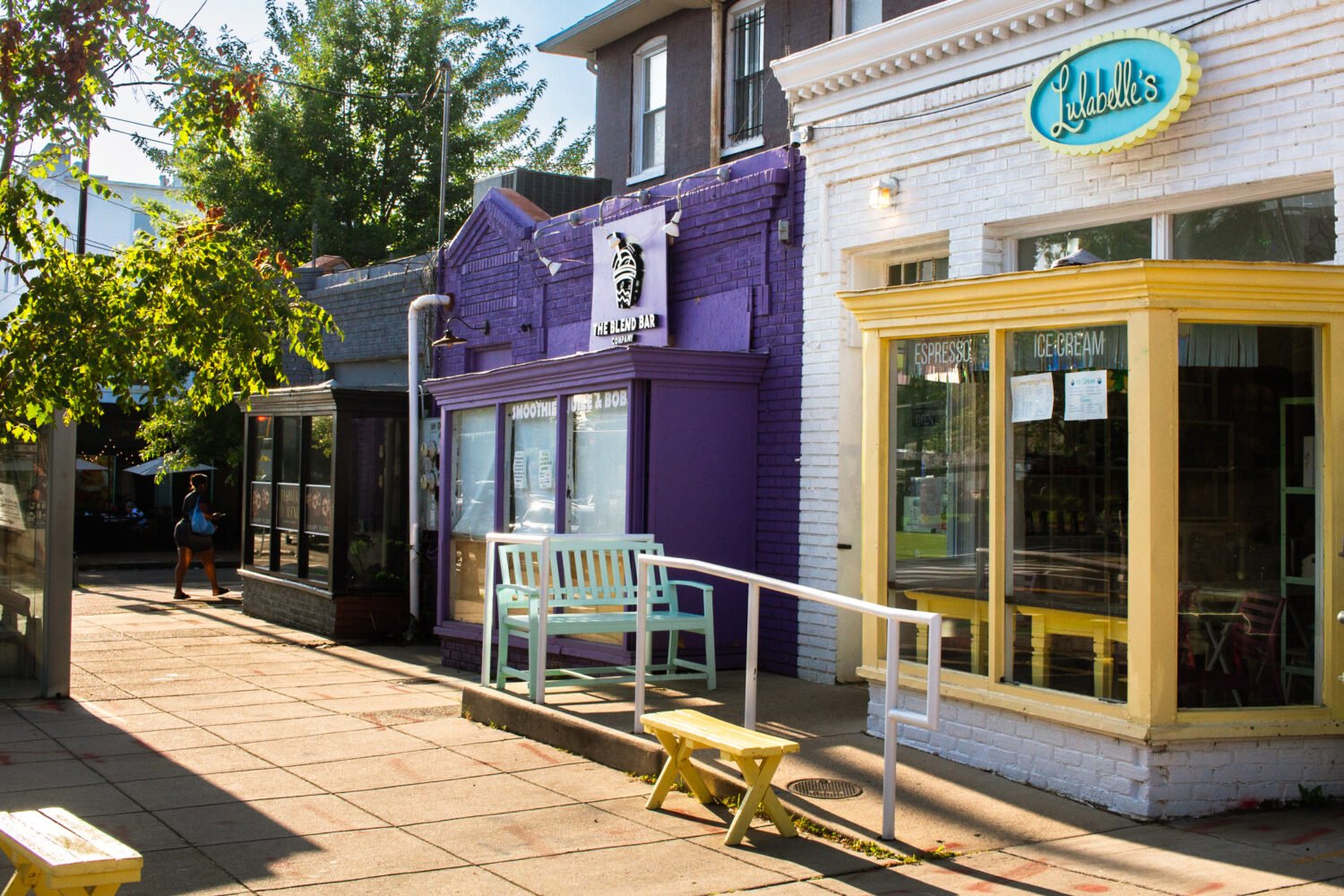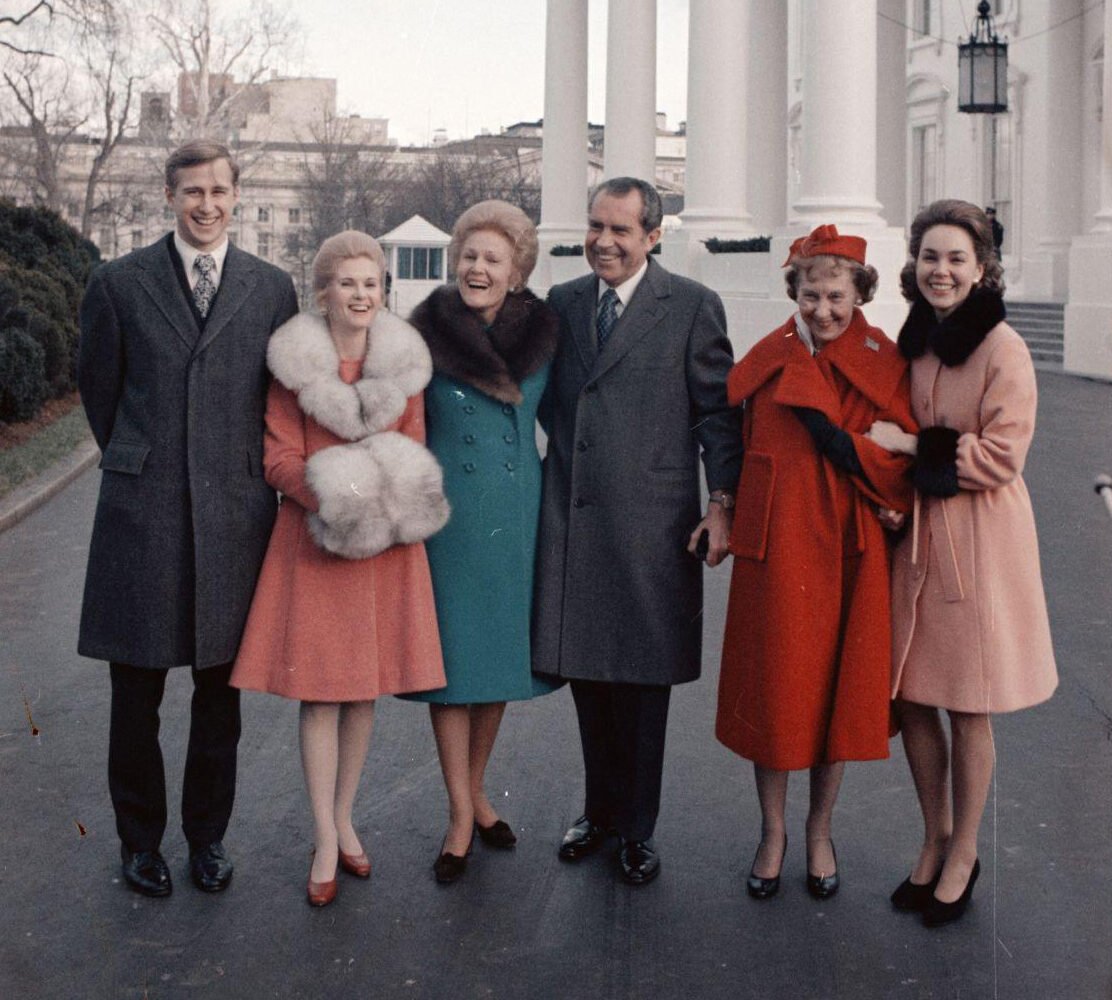There’s plenty of anxiety in the restaurant community about what will happen when Donald Trump supporters flood liberal Washington over inauguration weekend.
Some are now asking themselves: What should I do if white nationalists show up in my dining room?
Already, a few clashes have occurred between fringe political groups and local eateries. In November, Maggiano’s Little Italy in Friendship Heights inadvertently hosted a dinner for the National Policy Institute, a pro-Trump white nationalist group whose members were photographed giving Nazi salutes. (The restaurant ultimately apologized and donated profits to the Anti-Defamation League.) Then in December, Clarendon Ballroom received harassing calls after it declined to host a “DeploraBall” event for Trump supporters, including some from the so called “alt-right.”
And of course, let’s not forget Comet Ping Pong, where a gunman actually showed up to investigate the bizarre conspiracy theory known as Pizzagate.
The DC Human Rights Act prevents businesses from discriminating against people for their political affiliation (as well as gender, race, religion, etc). “But fringe ideological groups are not political affiliations, as that term’s defined in the [DC] Code,” says Veritas Law attorney Scott Rome, who also spoke on the topic at a pre-inaugural safety training seminar hosted by the Restaurant Association Metropolitan Washington earlier this week. That means restaurants can’t turn away customers for being Republicans, or Trump supporters, but they’d be within their rights to deny service to, say, a group of white nationalists.
Businesses can also turn away patrons if there is a real threat of violence. Let’s say someone walks in with an offensive political T-shirt, and that sparks a confrontation with other customers. “The first question would be: Are they causing a disturbance? If other people are reacting to that, and there’s a disturbance in your place, then you can refuse service just based on the fact that they’re causing that disturbance,” Rome says.
Still, in situations like these, restaurants don’t necessarily have any good options. If they refuse service, they risk being attacked on social media or possibly sued, Rome says. “Then if you do agree to seat these people, then you run the risk of alienating your own staff, alienating your other customers, and perhaps seating people that you don’t agree with.”
Rome has been a lawyer over the past four inaugurations, but he says these concerns and questions didn’t come up under George Bush or Barack Obama. “It’s a unique atmosphere right now,” he says. “A lot of people are on edge, and they want to do the right thing.”















